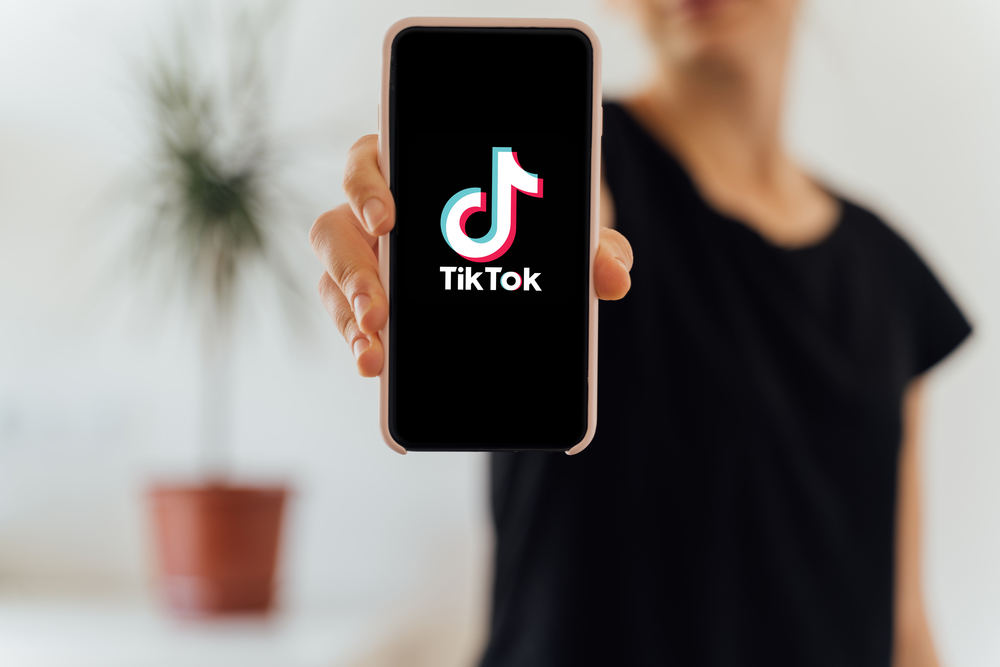
I’m not one to use TikTok—I openly shame my friends when they open that god-forsaken app. I mostly trust the research of Jonathan Haidt that social media is bad for us, especially we who still have relatively plastic brains. However, part of an economist’s job is to point out the costs of the good stuff and (I will add here) the benefits of the bad stuff.
So what does TikTok do right? Well, it is extraordinary at quick transmission of information. Artists with a new song can get the word out to millions overnight. Sales and discount codes for *whatever* can be spread to the appropriate audience immediately. How does this affect the economic system? Optimistically, we might say certain niche markets will clear faster. More pessimistically (or at least realistically), Ted Gioia reminds us how this changes the overall cultural landscape.
From 4chan to Tublr and Myspace to Twitter, internet memes have always been full of “life hacks.” But with TikTok, “life hacks” have expanded into “work hacks,” especially in hands-on occupations. This, I argue, is why TikTok can be good. As primates who mimic, we humans can see new ways of doing familiar tasks and quickly decide if we should adopt the technique for ourselves. We are hard-wired to copy our successful brethren, and in short-video format we can pick up on tacit work routines that are nearly impossible to transmit in words—and would probably not have been sought out if they weren’t sandwiched between the cat videos.
Sure, there has long been YouTube, but YouTube is for How-To videos for people that don’t know How -o yet. Instead, TikTok is chock full of How-To videos for people who already know How-To, but have plenty of room for marginal improvements. My teacher wife asks teacher TikTok for ideas for materials, classroom set up, and more. A few quick searches tell me that these virtual worlds of “continuing ed” exist for almost any skilled labor—and many jobs that might be classified as unskilled. This will not replace a formal learning environment for, say, graduate-level economics, but it does occasionally clue me in on a shortcut for R that ChatGPT has overlooked.
Some combination of user feedback and mysterious algorithm creates a rapid turnover that selects (at least a little bit) on criteria of usefulness, along with entertainment of course. Since at least Nelson and Winter, and more recently The Geek Way, we can view a changing economy as the evolution or cultural transmission of routines and practices; TikTok is just one of the latest transmission mechanisms. With dismay, I am unsure how we should count up these benefits of reduced learning friction. In flexible and efficient labor markets, the “work hacks” would generate higher wages to the informed, but my guess is that the videos just marginally improve work environments or workflow. Perhaps we just add them to the list of unmeasurable advancements of the modern world.
We could argue over the value of IP or non-competes in helping or hurting the learning process for work routines, but in the meantime, work TikTok will bring you that hack that changes your weekdays. For me, count me out of the transaction-costs saving, tacit-knowledge disseminating, brain-sucking process.
Kurtis Hingl is an economics PhD student at George Mason University.

Comments are closed.